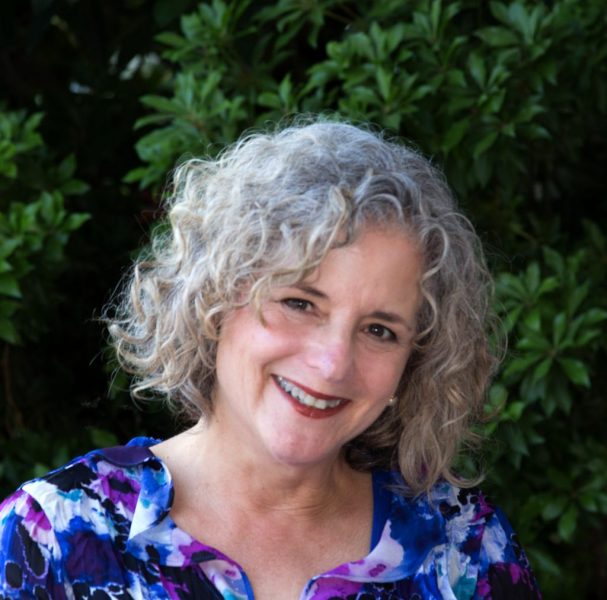There are five critical questions to ask as we confront the tragic death of George Floyd and so many other people of color. At the same time that COVID-19 has highlighted the racial and social inequities in health outcomes and access to health care.
My friend and esteemed colleague, Kathy Pike, PhD, Professor of Psychology and Director of the Columbia -WHO Center in Global Mental Health, discussed those key questions in a recent blog post.
I felt it was important for us to think about those questions.
Why now? Like Dr. Pike, I am a mental health provider, practicing Child Psychiatry in the United States and Asia for almost 40 years. The first question we ask when someone seeks our help, is why now? Often, things have gotten so bad that they can no longer be tolerated or ignored coupled with the hope that things can get better.
Who am I to help? Similar to Dr. Pike, I am a white woman who has enjoyed the privileges of being American. I ask myself what do I know about the black American experience of racism? Can I be an ally? In my professional life as a Child Psychiatrist, I bring my own life experience and interest in learning more about someone else’s pain and loss into a collaborative therapeutic alliance seeking relief and healing. Will this be enough as an approach to heal a society? How do we at Arts & Humanities Bainbridge play a role? How do the arts and humanities play a healing role?
What is the target? How does a society heal? Dr. Pike points out the complexity of articulating clearly what we mean by healing, what social justice means in terms of eliminating racism, how being non-racist differs from being anti-racist. How do we hold ourselves accountable during the complex healing process?
How do we know if we are on track? Dr. Pike addresses the importance of not just tolerating but embracing the discomfort in good therapy and the need to persevere in the face of discomfort and distress. We know we are on the right track when self-reflection makes us uncomfortable. As individuals, professional and not, we take turns being the seeker of healing and the ally in healing. What does this mean on Bainbridge Island? In what ways can AHB play a role?
I hope as individuals we will each consider these questions. It’s also important for community organizations like AHB to keep thinking about how to address the critical questions posed by Dr. Pike. We at AHB will be launching a series called Tell It to highlight the healing powers of art. We are inviting artists of all disciplines to share with us their work with respect to racial inequity and social injustice that will help show the role art can play.
In the meantime, there are things that we can all do. You can assist in getting people to vote, write to your elected officials to make sure your voice is heard, donate money to important political races, and speak up wherever and whenever you see social injustice.
Linda Semlitz,MD
President, Arts and Humanities Bainbridge, Board of Directors

Linda Semlitz, MD Child Psychiatrist. Linda maintains a private practice in Child Psychiatry on Bainbridge Island. She lived and worked in Asia from 1995 – 2014. During that time she worked as a Medical Director and Director of Medical Affairs for Merck, Sharpe and Dohme, a pharmaceutical non-profit mental health organization in Tokyo that provided mental health treatment and disaster response after the 3/11 earthquake, tsunami and nuclear meltdown. She currently serves on the board of the Global Fund for Mental Health. She joined the AHB Board of Directors in 2017.